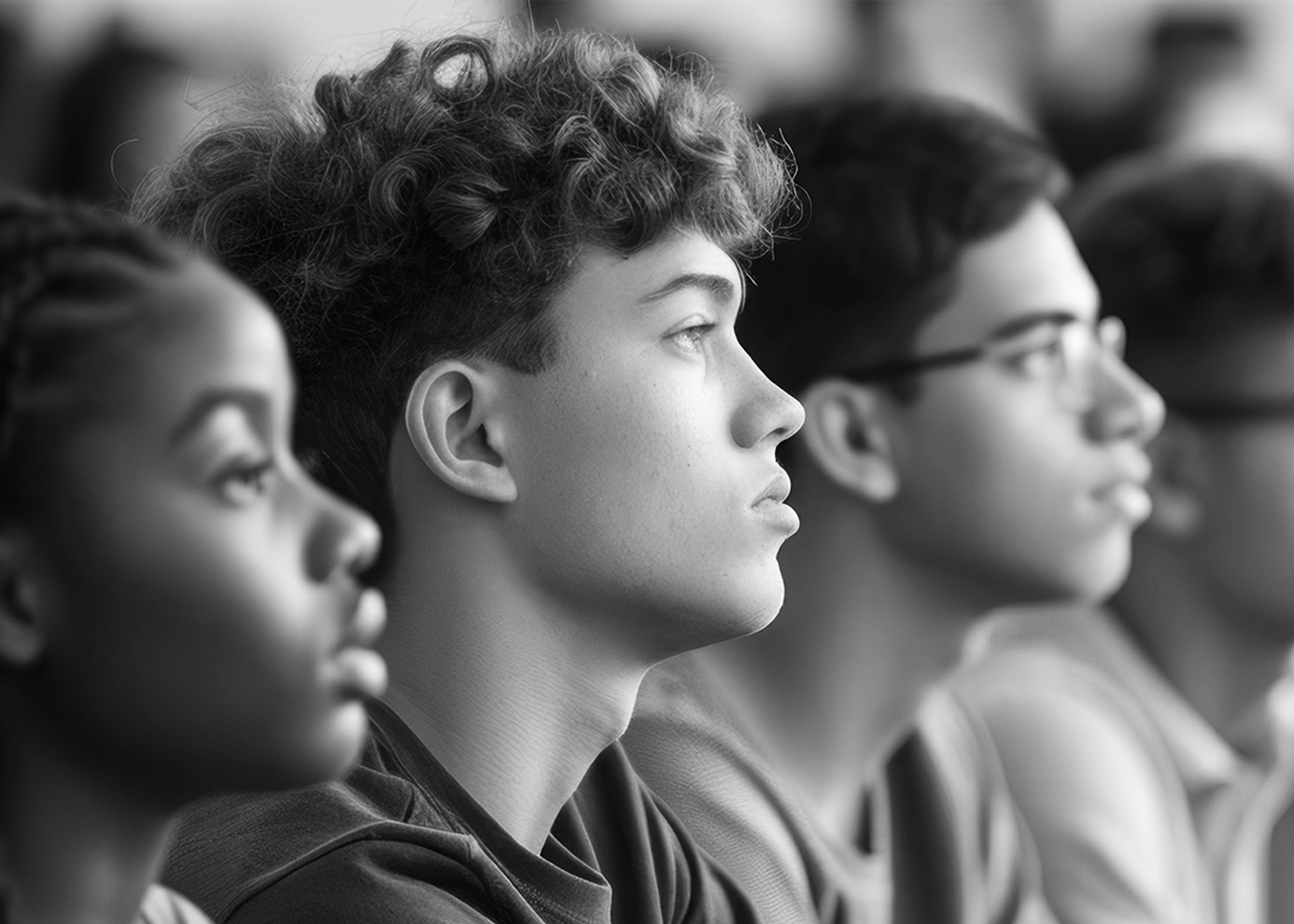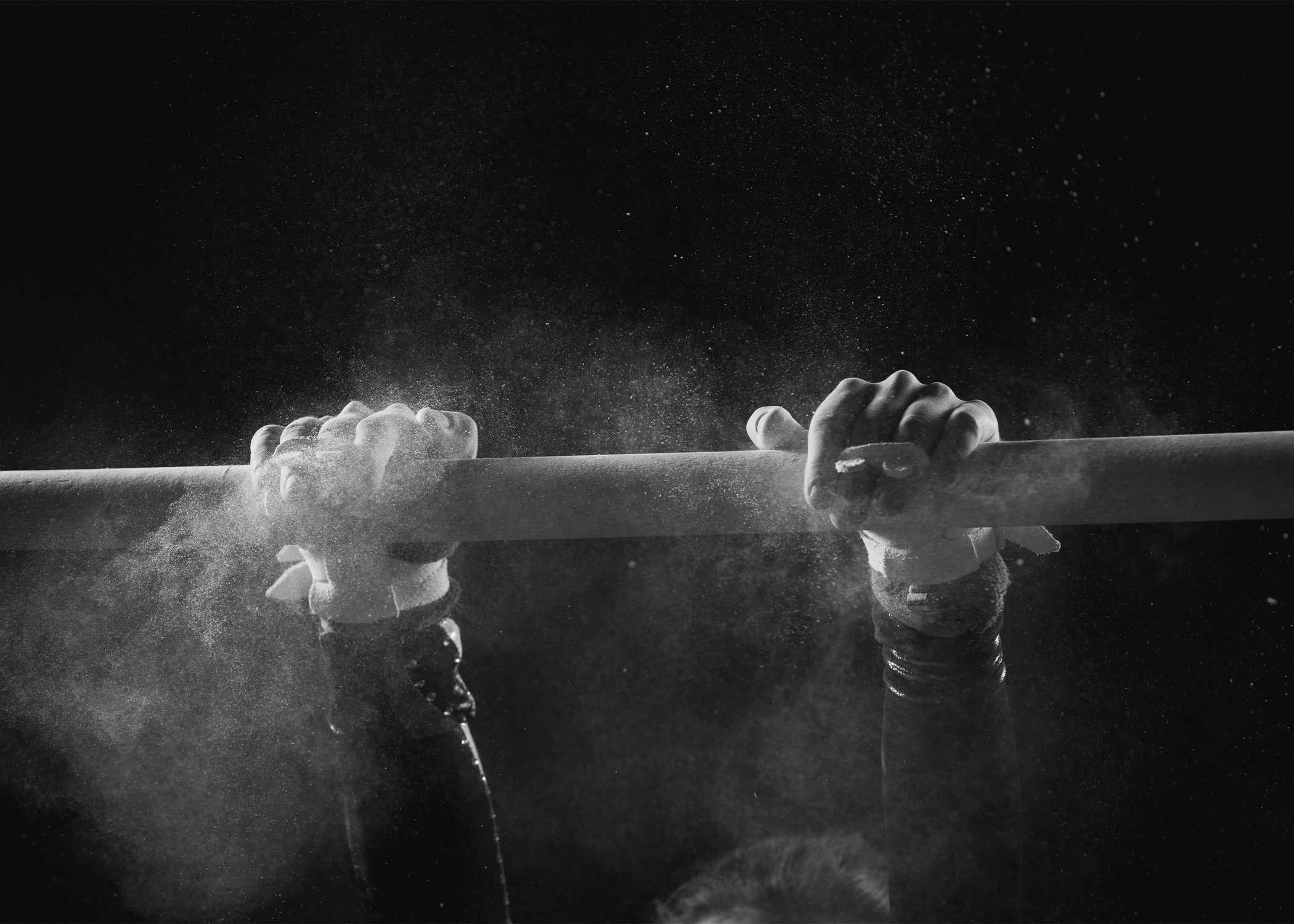What are we measuring in schools?
Beyond Brown v. Board: What Jordan Chiles’ Story Reveals About Hidden Racism in Our Schools
My son had a terrible time in middle school. There were many outside factors that would have meant he would have difficulty but he had a lot of teachers who were overly concerned with how he was doing things, not what he was doing. For example, he received a 98% for the content of a project, but a 30% on the overall project because he did not write his name on the correct line on the paper. At the same school, he received a failing grade on a project for standing in the wrong spot during a presentation. Again, the content of the presentation received a perfect grade.
Besides my constant tracking of his grades, the school communicated these grading issues to me when they suggested that he move to special education. My son was one of two Black students in his class. It fascinated me because they could not articulate what special ed accommodations he would need probably because there aren’t any for this. And they even had the audacity to think aloud with comments such as, “he is so articulate and smart, well beyond his grade level.” While I couldn’t say what they did for the White students, I can’t imagine that they were recommended that all of them move to special education.
Here’s what I also know as an education researcher: We lose Black male students in middle school. We over-diagnose Black male students for special education. It is extremely difficult to move out of special education once a student is there. Special education students are less likely to earn a high school diploma. They may earn a Certificate of Completion that does not work for college admissions.
So what I heard them saying to me is that, in grade 7, my son would not be given what he needed for the job he wanted one day. All because he did not write his name on the correct line and because he needed to scoot over four inches when he gave a presentation.
As many other teacher-parents may say, it’s difficult to merge the two identities especially the parent part. Every time this happened to my son, I would watch him grieve his personhood, his intellectual ability, and his work ethic. I watched him slowly lose confidence. And I would build him up again and again. And then I would go back to my own practice as a teacher to see if I did the same thing to students, especially male students and students of color.
The answer is that writ large, we do. All teachers do. Things need to be happened it at some point. If I’m reading dozens of something, I need the formatting to be consistent so it doesn’t take me forever. But these things shouldn’t have out-sized impacts. While what happened to my son is an extreme case, educational systems hold students of color to compliance standards rather than creative standards all the time. This is because our expectation for students of color is that they go to jobs that prioritize compliance, such as fast food or factory work. There, it isn’t important what you’re doing. It’s more important how you did it. There is no interest in using one’s mind to be creative. The imperative is on doing things as you’re told.
That should ring some bells for you. You may hear “shut up and dribble” in your mind. You may be reminded of the Bracero Program. You may also have harkened back to enslavement. All are true.
Of the many things that struck me with the incident that is on-going with Jordan Chiles is the argument is about whether her team complied. It’s on how she raised an argument, not on her routine, her creativity, her ability. She wasn’t timely. And it’s even more striking that the other team’s timeliness (or lack thereof) isn’t even a question. The Romanian gymnast began celebrating too early even when she saw the score was in dispute. They filed an appeal days after the event. She seems too late or too early a lot. Yet, she is not held to any consequences for her lack of timeliness. It also isn’t in dispute that Jordan Chiles’ routine was more difficult. They are not arguing that the additional skill was not worth the extra points either. It is that she told them in a way that they would not consider. Like my son, she didn’t comply.
The reason why the stories about my son and Ms. Chiles are important is because this is one of the ways that students of color are underserved in schools, college, and industry. Research tells us that students of color are held to more compliance standards than their White peers all the time. Let’s say that this thing with my son continued. Where would he have gone to high school with failing grades like that? How many times would they have forced him to repeat courses and miss the courses that he needed for competitive college admissions? But it goes further. We tell students of color that they can get a “good” job without college. These jobs are compliance-focused jobs. Years ago, Marc Benioff did an interview on MSNBC where he talked about college being unnecessary. The segment highlighted people of color and compliance-focused jobs. While well-meaning, he, and other people who advocate for this, reinforced that stereotype that people of color are needed for their labor, not their minds with college being a place for thinking people. And worse, they ignore the fact that there is an abundance of financial aid available at colleges that prioritize our minds for underserved students. It wouldn’t be too expensive for them.
In 1954, the Supreme Court ruled in Brown v Board of Education that schools must integrate, implying that by providing equal access to a school building would mean equal access to high-quality education for everyone in that building. The Supreme Court recently ruled that even measures to do some leveling via affirmative action also were either unnecessary or didn’t work because everyone has access to the same things. But what we continue to ignore are the ways that racism still permeates in institutions in ways such as the focus on compliance for some students and the focus on intellect for others.
It took a lot of time and money to get my son into a school that understands the harm that was done to him in middle school and sees his potential. When I say a lot of time and money, I won’t go into details but we’re well into five-figures, nearly six. And this is me, a teacher of twenty-five years and education researcher who caught the things early. While I’m guessing that this incident with Jordan Chiles will not work out in her favor, I do hope there are substantive changes to the weight placed on compliance for her, as an elite athlete and for all of us for whom the expectations are to just do what we’re told.



